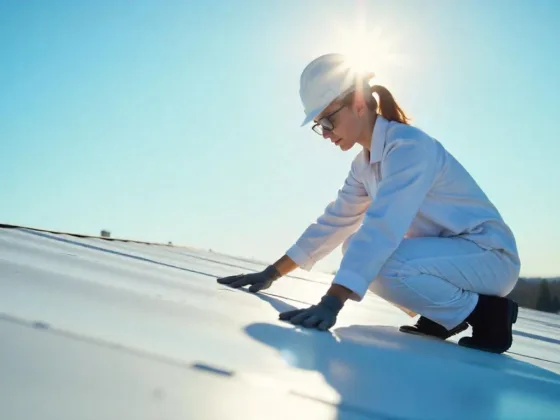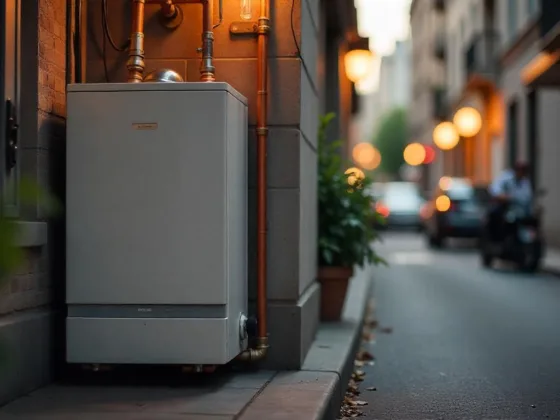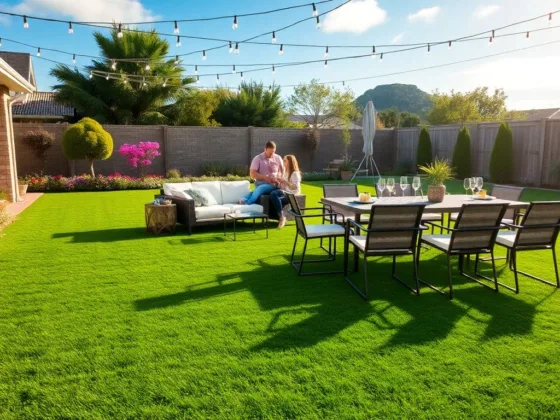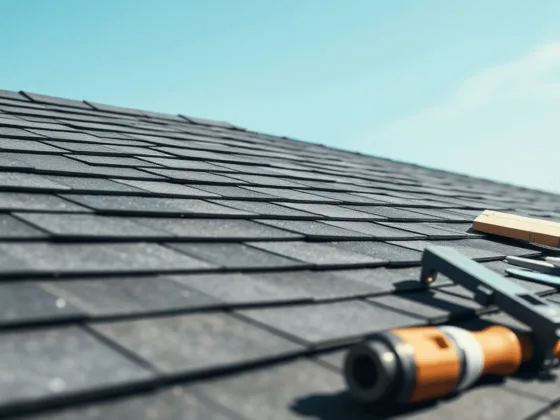Table of Contents Show
Stains on dishes and glassware, low water pressure, high soap usage, and clogged pipes – these are just a few effects of hard water. Therefore, this is a common issue among homeowners in America.
However, even if water hardness has a negative impact on their houses, people do not usually act in this regard.
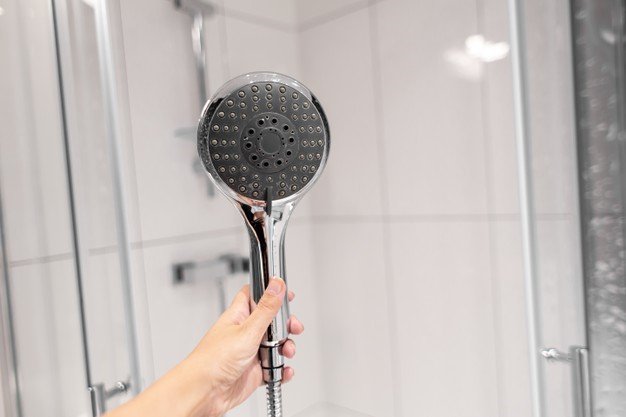
As a result, they will have to invest more money in soaps and detergents, to constantly replace parts of the piping system, or even of the water-absorbing appliances, due to their early wear.
Given these points, if you are on the side of those who want to combat water hardness in their home, below are some recommendations from us.
Use Washing Soda for Your Clothes
Also known as sodium carbonate, this substance can soften the water used for washing laundry only, so it’s not a good way to obtain drinkable water.
Therefore, washing soda is removing the hard minerals from your water like calcium and magnesium through a precipitation reaction, making it easier for soaps and detergents to lather up.
And because sodium carbonate increases the efficiency of detergents and soaps, your clothes will keep their velvety texture and will not become stiff to touch.
Boil Your Water to Remove the Calcium
By boiling, water becomes softer, but not entirely soft. This means you can use boiling if you want to remove the calcium particles from your hard water in order to make it drinkable.
Anyhow, it can only have effects on temporary hardness and not permanent hardness, but it is a convenient and quick method.
Read Also:
Consider Buying a Water Softener
Even if this option is more expensive than others, it is a favorable long-term investment. As home water softeners are directly attached to your home water supply line, the water you use for all purposes will be softened.
These systems are usually based on an ion-exchange process that can remove hard particles by changing them with sodium ions, and this is possible due to the salt introduced in the system’s tank.
In other words, salt is being used to regenerate the entire cycle and is acting like fuel for an ion-exchange type of softener.
However, you can try a reverse osmosis softener or an electronic water descaler if you don’t want to regularly refill the softener with salt.
Apply Vinegar on Stains
Even though it is most often used for cooking, vinegar has many impressive uses. What makes vinegar a great way of combating hard water effects is its capacity for neutralizing the calcium particles from hard water.
By using a mix of water and vinegar, you can partially remove the stains on your dishes, shower, and tub surfaces. However, to get the best results, you will have to let the solution work for about 15 minutes.
Although this is not necessarily a method of turning hard into soft water, it is an easy and cheap way to remove the difficult stains left by it in your kitchen and bathroom.
Install A Faucet for Soft Water
If your biggest concern about hard water is only its drinking quality, installing a softening faucet can solve it. Because regular water boiling can be tiring, this kind of faucet can easily replace the process.
Your water will not only be cleaned of hard minerals but also of other harmful contaminants, and the best part is that the bad smell and taste of it will be also removed.
Moreover, if there is a new-born in the family, this faucet will be the ideal solution to daily provide healthy water, without any potentially harmful particles.
Bottom Line
As you have noticed, the water hardness is not unstoppable. There are several ways you can help stop its damaging impact. However, if you want to get rid of them all at once, you should consider installing a whole house water softening system.
With this, you won’t have to use a different solution for each effect of hard water in your house.


